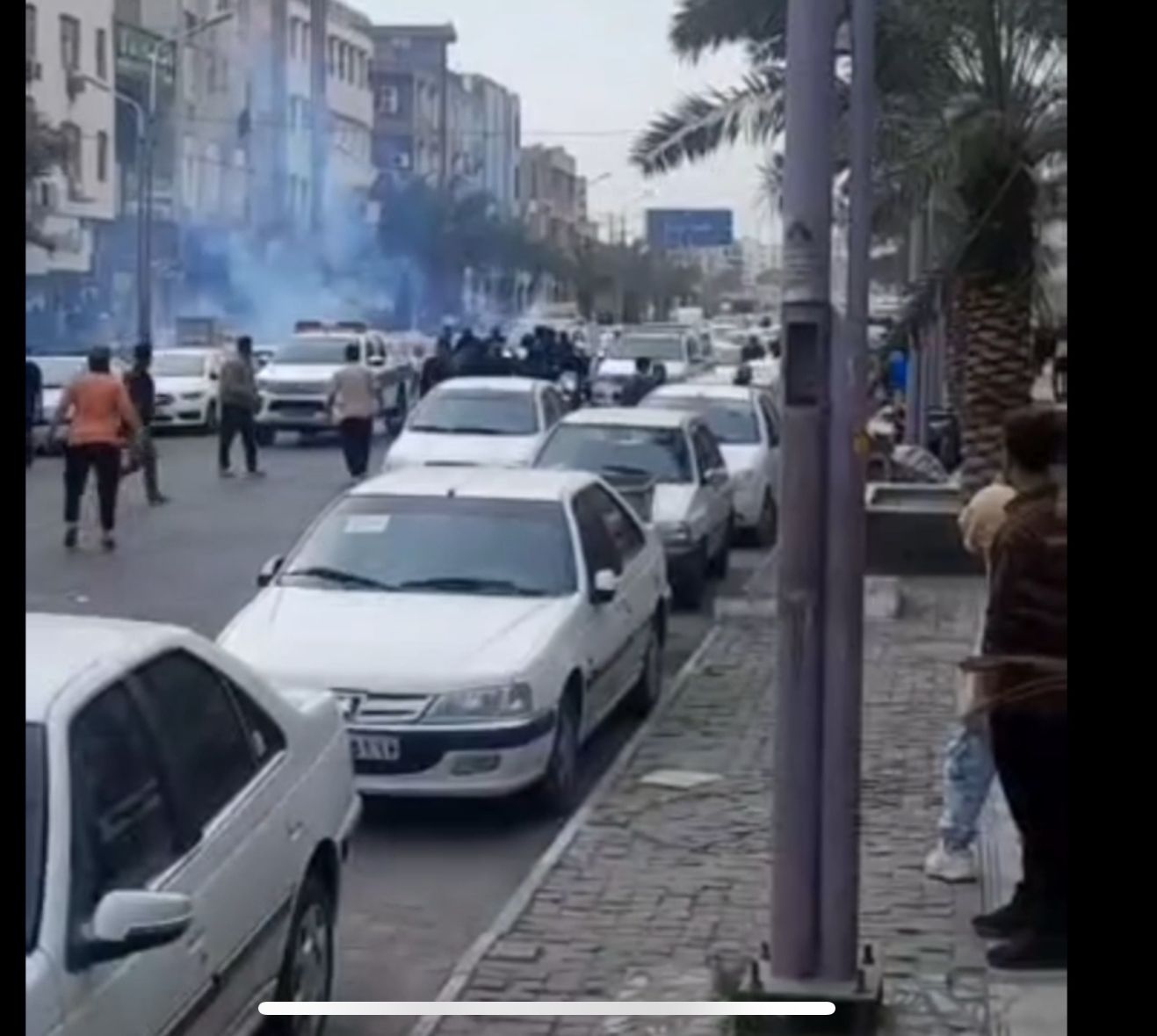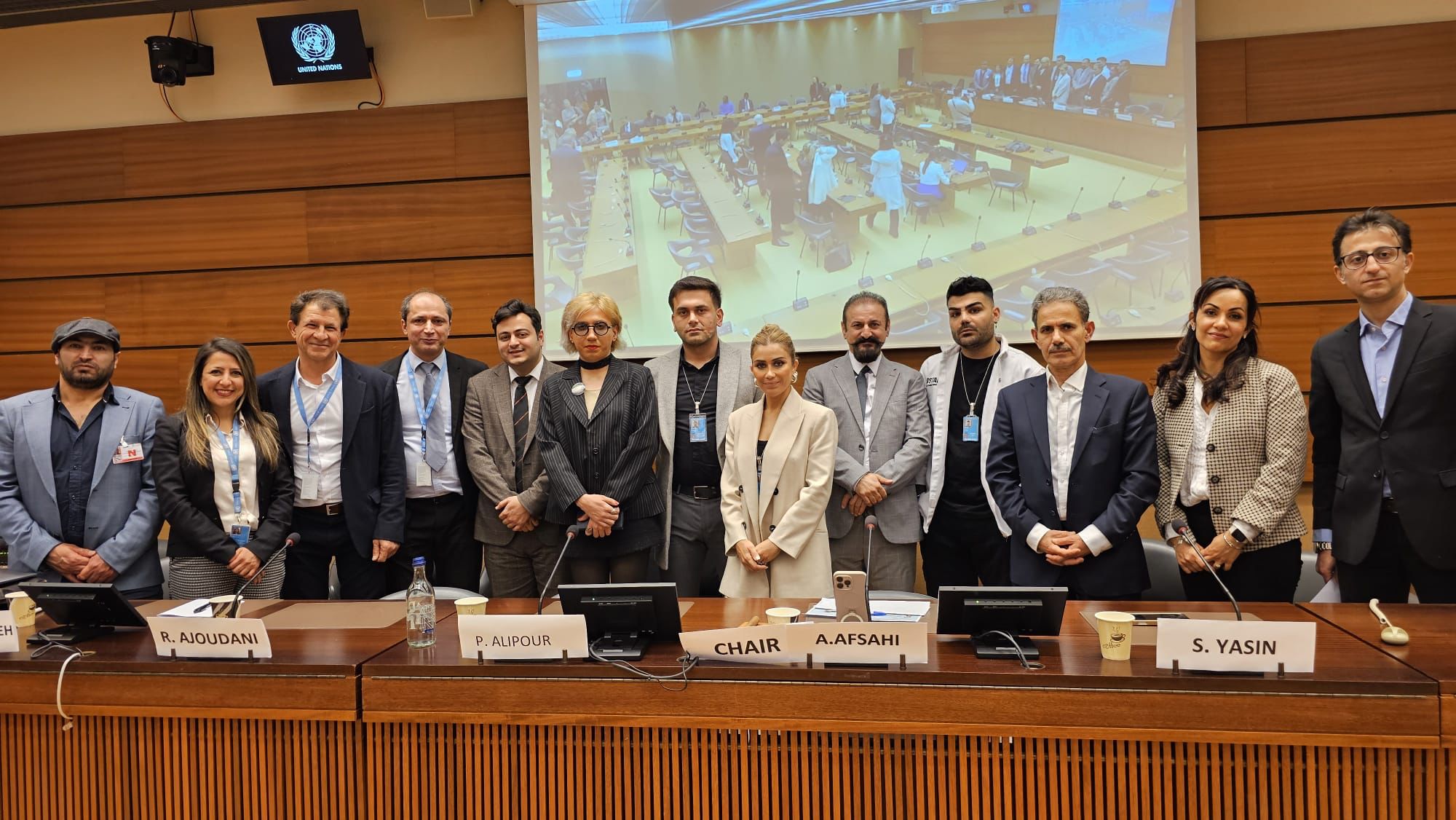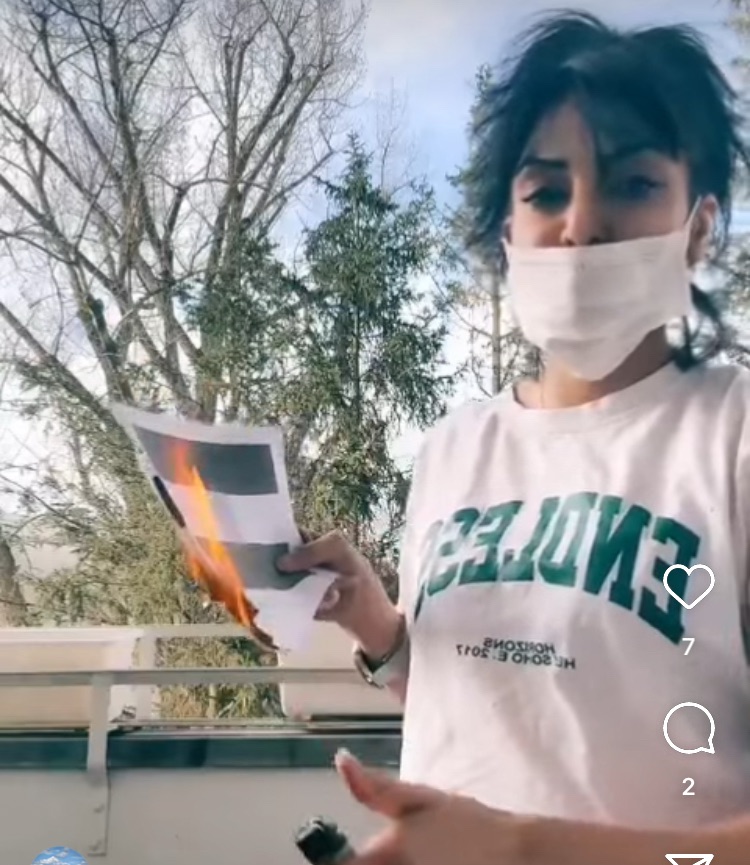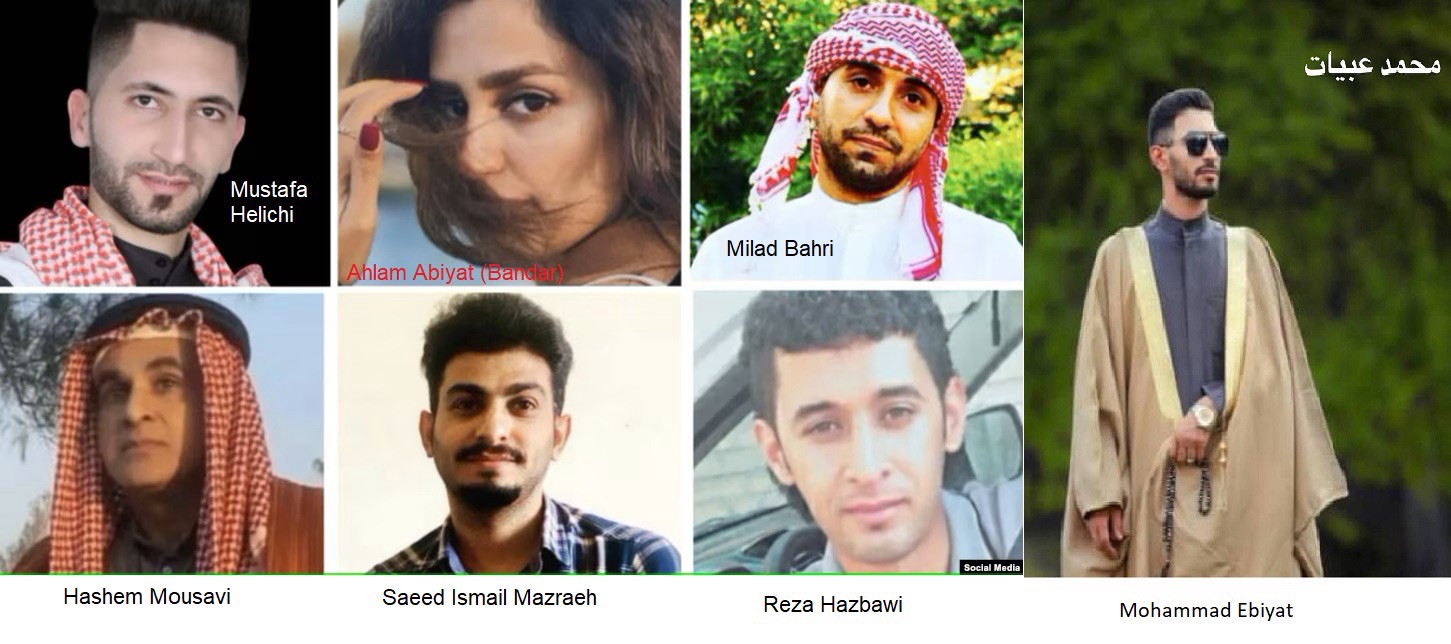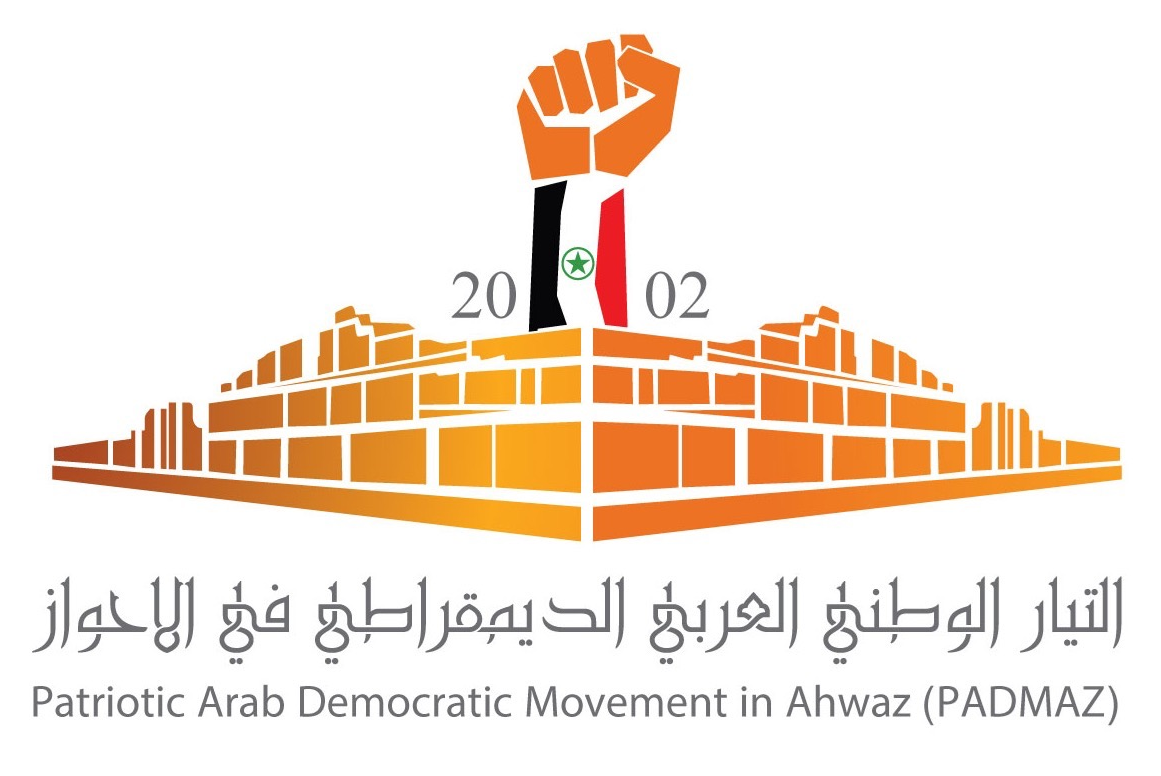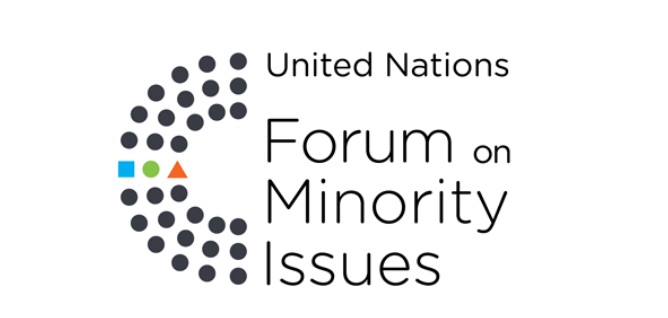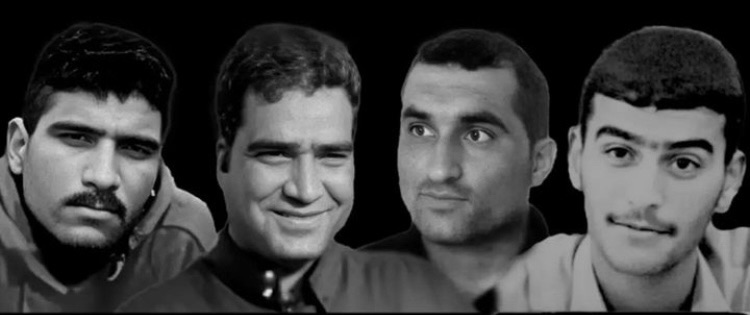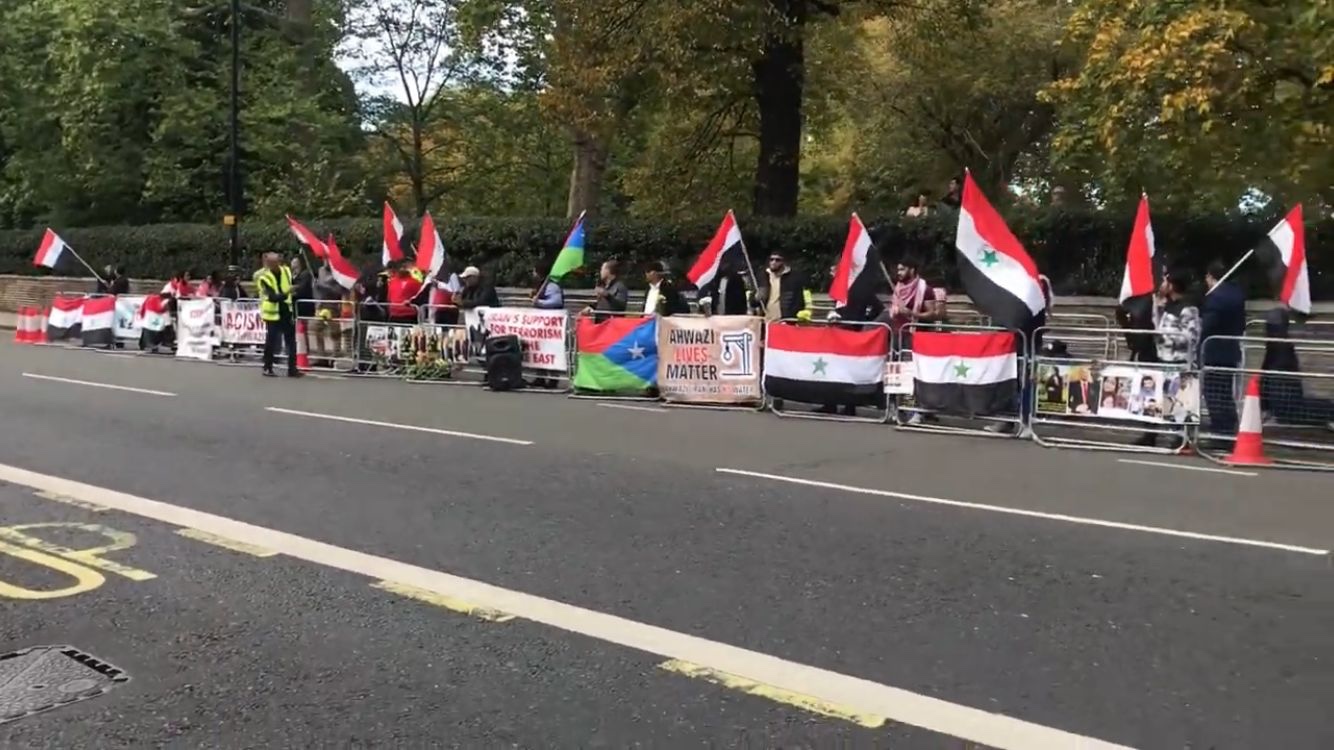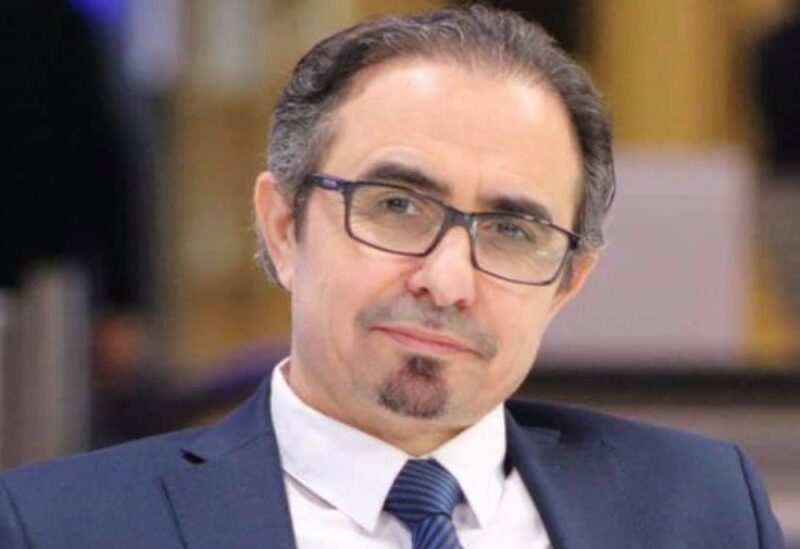Demands answered with massacre

On 3rd of May 1979, a delegation representing Ahwazi Arab people traveled to Tehran at the invitation of Mehdi Bazargan, Iran’s first prime minister after the revelution on 1979, and formally presented the demands of the Ahwazi Arab people to the interim government. According to the promises of the then Prime Minister of Iran, these demands were to be used in drafting the constitution, which not only failed to happen, but was met with massacre of the Ahwazi Arab nation.
The demands of the Arab people from Iran were as follows:
1- Confession of the existence and rights of the Arab people of Iran and stating that in the Constitution of the Islamic Republic of Iran.
2- Forming a local parliament in the autonomous region (Ahwaz), that is responsible for local legislation and monitoring the implementation of laws; the participation of the Arab people in the Constituent Assembly and the National Assembly, as well as participation in the Cabinet (Central Government).
3- Establishing Arab courts for the problems of the Arab people of Iran in accordance with the laws of the Islamic Republic.
4- Arabic should be the official language of the autonomous region, emphasizing that Persian is the official language throughout Iran.
5- Arabic language teaching in primary schools as well as Persian language teaching in the autonomous region Ahwaz.
6- Establishment of an Arabic language university in region (Ahwaz) that meets the needs of the Arab people of Iran. Establishment of schools and colleges in all cities and villages, as well as the necessary attention to the use of scholarships abroad to send the youth of the Arab people of Iran.
7- Freedom of expression, publication and printing of books and newspapers and creation of radio and television programs in Arabic language and independent of the Iran national media network. In this context, any form of censorship is rejected.
8- The priority of employment in the public and private sectors with the Arab people of Iran, in the next stage, is with other national minorities born and living in the autonomous region.
9- Allocating a sufficient amount of oil revenue for the development of the region and the development of its industry and agriculture.
10- Naming cities and villages, neighbourhoods and the region itself with their Arabic historical names that have been changed by the Pahlavi fascist regime.
11. The participation of Arabs in the local army and police within the autonomous region and the possibility of upgrading them to high military positions, which they have been deprived of access to them since decades.
12. The revision of the division of the lands of the farmers according to the laws of the Islamic Republic, in compliance with the principle that the land belongs to the one who cultivates it.
In conclusion, we expect the government of Mr. Bazargan avoid negotiating and compromising with reactionary and opportunistic elements in solving the problems of the Arab people of Iran.
Board of Representatives of the Arab People of Iran
Date 3rd May 1979

